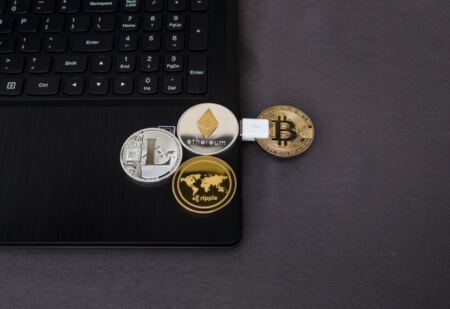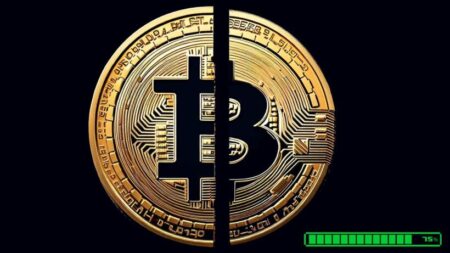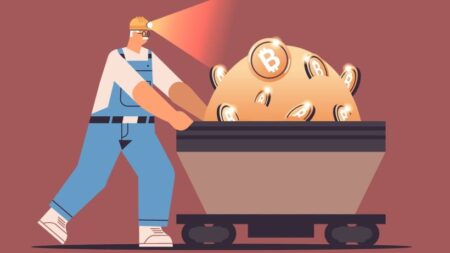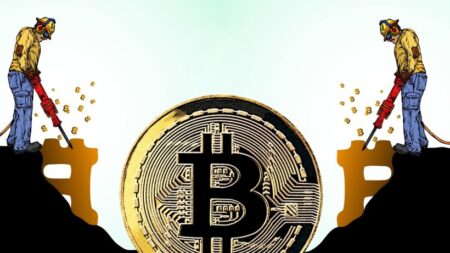Introduction
If you haven’t heard about tokenization before, you probably will in the future as this process is completely transforming how we manage data. This is a process that is turning sensitive data into non-sensitive data, also known as tokens. These tokens can then be used in a database or internal system without having to bring them into scope. The process of tokenization can be utilized to secure sensitive data by replacing the initial data with a completely unrelated value but of the same length and format.
These tokens are being sent to the internal system of an organization for further usage, while the initial data is safe in a secure token vault. In this article, we bring you everything you have to know about tokenization.
Token Definition
Simply put, a token is a piece of data that stands in for a more valuable piece of information. On its own, a token doesn’t have a value, but they are useful when they represent something valuable. The best example to understand tokens is to compare them with poker chips. The poker chip represents a certain amount of money, and although that cash is not visually seen at the poker table, players are aware that chips are placeholders in the game. Only after the game, these chips can be exchanged for money and that’s where the value kicks in.
As many businesses hold sensitive data within their system, such as credit card data, Social Security numbers or anything else that needs to be secured and protected, using tokenizations helps manage their sensitive data. With a help of tokenization, this sensitive data is taken out of their environment completely and is being replaced with tokens. Moreover, these tokens are unique to each piece of information.
Token Offerings
1. Initial Token Offering
When talking about token offering, the one you’ll hear most about is the initial coin offering (ICO). Similar to an initial public offering, companies who are looking to raise money to create a new app, service or something else will launch an initial coin offering to raise funds.
The interested investors can then buy into the offering and get a new cryptocurrency token that is issued by these companies. Such tokens can have some usage when it comes to product or service consumption, or it might also represent a stake in these companies.
2. Security Token Offering
As a result of the regulation of ICO, regulators started to look for token offerings which will be compliant with the security laws and rules. That’s how the Security Token Offering (STO) was born. Both of these token offerings are very similar, but STO is compliant with securities legislation in the geographical location of the token. Due to STO’s compliance with all the relevant laws and rules, they are also creating more legal obligations when it comes to issuing equities in these companies.
Asset Tokenization
Consequently, this all leads to the tokenization of assets, which is a process in which an issuer creates digital tokens on a blockchain, or distributed ledger, and these digital tokens represent physical or digital assets. By buying a token, you can only own a small percentage of an asset, and you still have rights, but with limitations.
So, which of the assets can be tokenized? Let’s put it like this, almost any asset you can think of can be tokenized. From sports teams and racehorses to bonds and real estate, you can be a fractional owner. Mostly, we’re talking here about tokenized real estate, commodities, private equity shares and physical goods. And the reason why asset tokenization is getting so much praise these days is that it’s accessible, immutable, transparent, cost-effective and so much more.
The Purpose of Tokenization
It’s pretty clear that cryptocurrency commodity is one of the major reasons why tokens are experiencing such a wide usage across different industries, especially when it comes to online services. The term ‘crypto commodity’ also refers to those cryptocurrencies legally regulated and traded as commodities. Also, we cannot forget to mention virtual tokens which can be used even to represent real-world commodities such as the Digix Gold Token (DGT).
So, while tokenization is removing sensitive data from business systems, tokens, in reality, have so much potential which is yet to be fully developed and used. Although there is still no technology that can guarantee the prevention of data breaches, the tokenization process is coming really close to securing both financial and personal data.
Keep in mind that the usable information is crucial when talking about tokenization. This is not a security system that will stop hackers from penetrating your systems and networks. If you’re concerned that your business might be a victim of a hacker attack, you will need to look for a solution in other security technologies.







